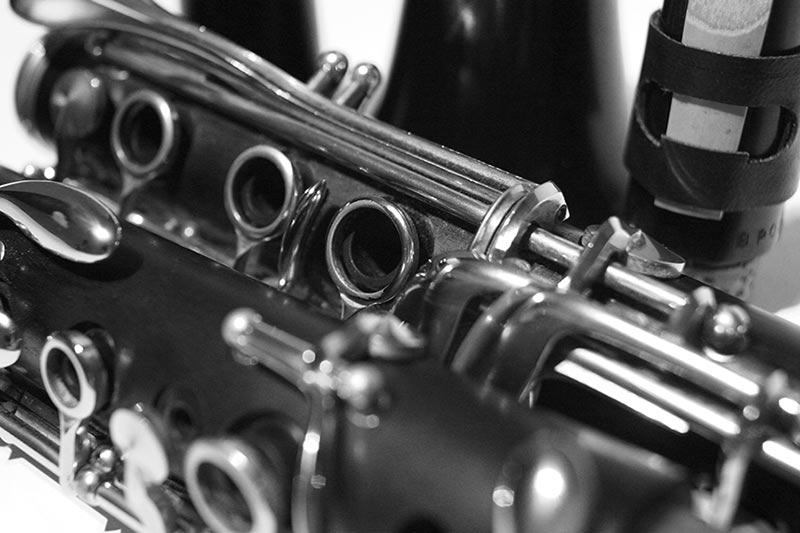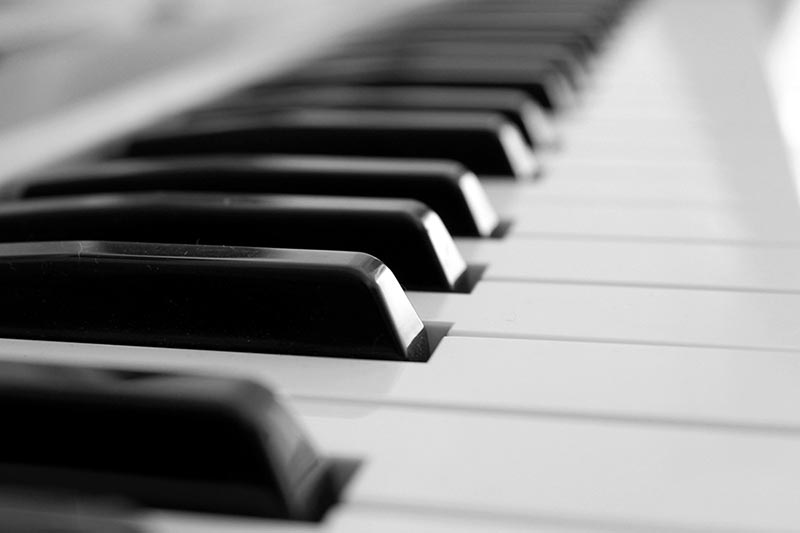Research has shown that piano lessons increase math skills in children. This is often described at the “Mozart Effect”. The studies conducted around this subject noted that the benefits are seemingly isolated to spatial temporal reasoning. Spatial-temporal reasoning is the cognitive ability to picture a spatial pattern and understand how items or pieces can fit into that space. If you’re curious about what that term means in actuality, take this quick quiz.
While the Mozart Effect has been in debate since 1999, the concept is nothing new. As Pythagoras said, “There is geometry in the humming of the strings, there is music in the spacing of the spheres.” As a pianist myself, I have long seen the benefits of music for my inductive reasoning. In my students, I’ve noticed that children who started making progress with their instrument were also starting to make progress in language and math as well. So does this prove that piano lessons increase math skills? Not conclusively, but there are some compelling facts getting us closer to understanding the connection. Watch the video below to learn more. To schedule a lesson, please click here.









